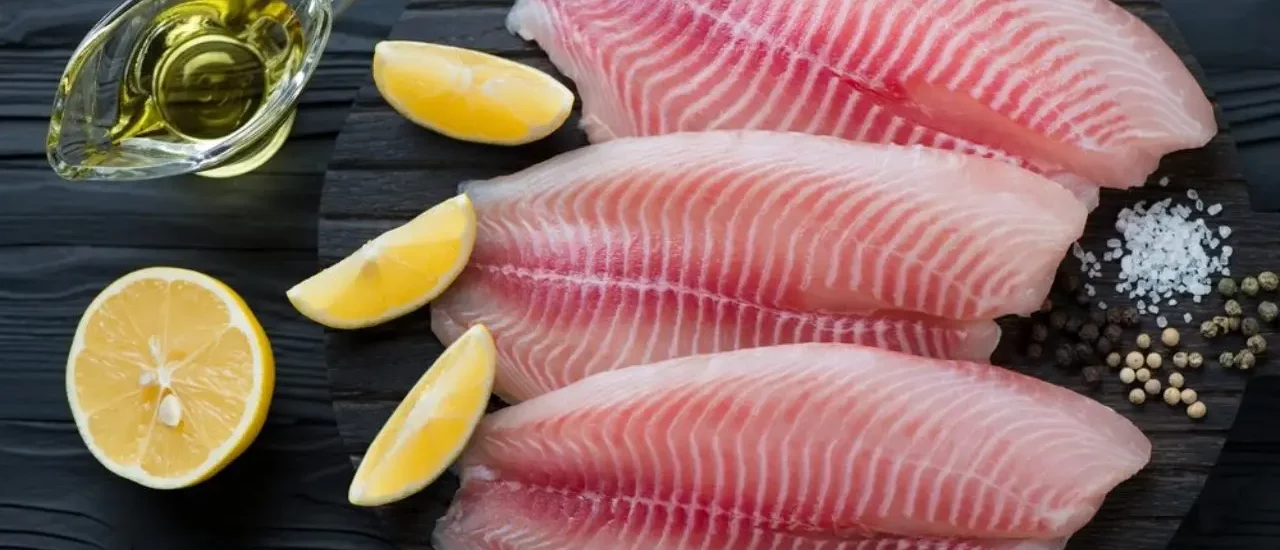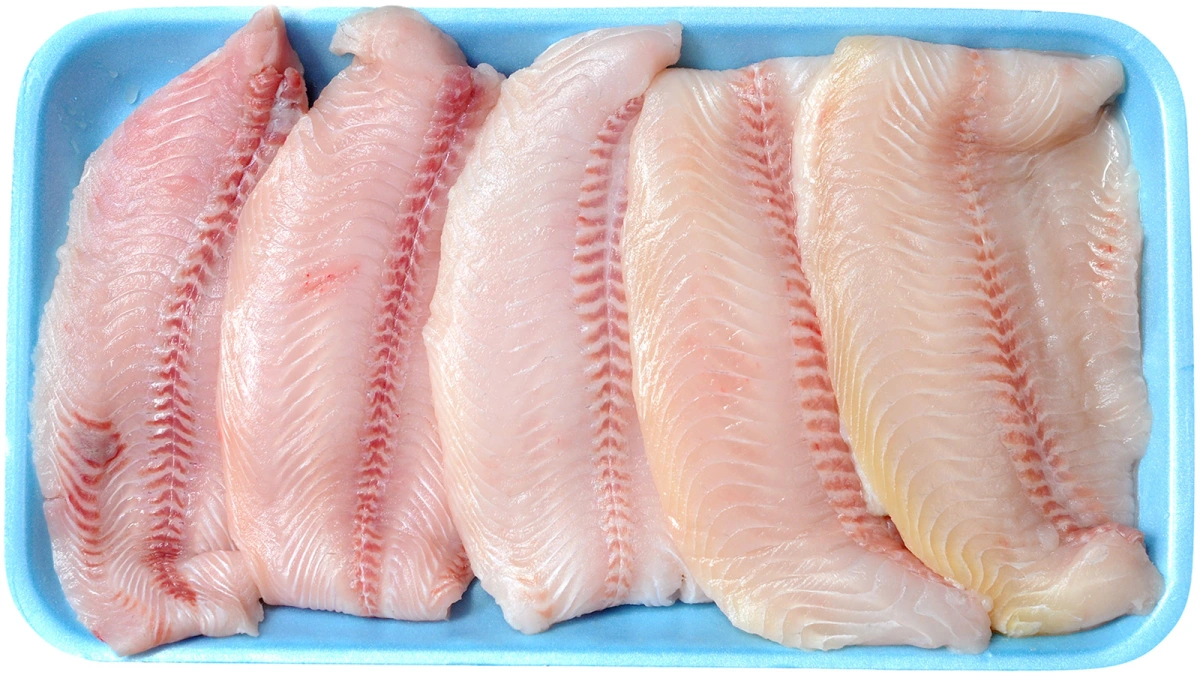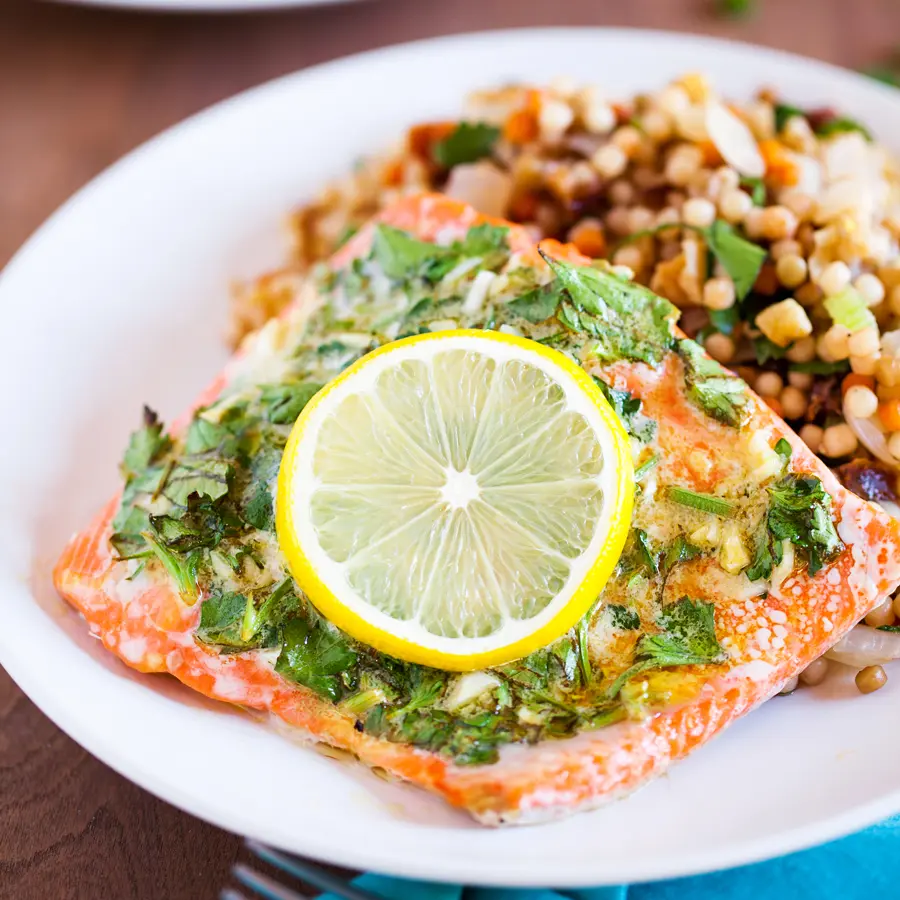


Looking smart and attractive is the dream of everybody in latest young generation. People to maintain their beauty, use different tips. Maintaining body weight is one of them. When it comes to weight loss, finding the right foods to include in your diet can be a crucial factor. Among the numerous dietary options, fish stands out as a popular choice due to its numerous health benefits. However, to determine whether fish is genuinely good for weight loss, it is essential to examine its nutritional composition and impact on weight management. This article delves into the subject, focusing on the question: “Is fish good for weight loss?”
Before discussing the potential benefits of fish for weight loss, it is crucial to comprehend its nutritional composition. Fish is a lean source of high-quality protein, which is vital for building and repairing tissues, supporting muscle growth, and promoting satiety. It is also an excellent source of essential omega-3 fatty acids, such as eicosapentaenoic acid (EPA) and docosahexaenoic acid (DHA). These omega-3 fatty acids offer numerous health benefits, including reducing inflammation, improving heart health, and potentially aiding in weight management.

Fish is a nutritious food with excellent protein and essential fatty acids. Although the exact nutritional value of fish depends on the type of fish, here are the nutritional values of one hundred grams of fish.
Research shows that fish is a good source of magnesium, iron, zinc, and vitamins. Indian fish varieties are suitable for weight loss due to their low-calorie and high protein content. For example, rohu fish contains low fat and calories while being protein-rich. Another popular fish in India is Katla, which is also protein-rich and low in calories. That makes it suitable for weight loss.
Furthermore, a study shows that the Hilsa fish contains more essential amino acids, essential fatty acids. Some fatty acids it contains are PUFAs, macro-and micro-minerals and vitamins rich in omega-3 fatty acids.
Further adding to that a fish variant, pomfret, is low in fat and calories and high in protein. Finally, tuna is another protein and omega-3 fatty acid-rich option. Indian fish varieties can help individuals lose weight while enjoying delicious and nutritious meals.
Yes, fish can be good for weight loss. Fish is a lean source of high-quality protein, which promotes feelings of fullness and helps preserve muscle mass during weight loss. It is also rich in omega-3 fatty acids, which may improve insulin sensitivity, reduce visceral fat, and support a healthier body composition. Additionally, many fish varieties are low in calories, making them a suitable choice for creating a calorie deficit. However, it’s important to consider individual dietary needs, cooking methods, and sustainability when incorporating fish into a weight loss plan.
Fish is an excellent source of high-quality protein essential for weight loss. Studies show protein helps to keep you satiated. Feeling full reduces overall calorie intake and aids in weight loss. In addition, fish is lower in fat and calories than other protein sources such as red meat or poultry, making it a healthier weight-loss option. Cod and salmon are some high-protein fish.
Fish is high in omega-3 fatty acids, healthy fats that aid in weight loss. Research shows that by speeding up your metabolism, Omega-3s aid in weight loss. Metabolism is the body’s process of converting foods and liquids into energy. Calories from food and beverages combine with oxygen throughout this process. This process burns calories. Hence, the amount of calories you burn each day gets determined by your metabolic rate. Since Omega-3s in fish speed up metabolism, it helps burn more calories, aiding in weight loss.
Saturated fat can potentially increase the risk of heart disease and weight gain. Also, as per studies, choosing fish low in saturated fat can help you stay within your recommended daily calorie and fat intake, supporting your weight loss goals. Also, low saturated-fat fish options are often high in protein and omega-3 fatty acids, which also aids weight loss. Some examples of low-saturated fat fish include salmon, rohu, trout, and cod.
While fish can be a beneficial addition to a weight loss diet, it is essential to consider a few factors:

Ingredients:
Instructions:
Feel free to adjust the seasonings and toppings according to your taste preferences. These fish tacos are a flavorful and nutritious option for a weight loss meal.

Ingredients:
Instructions:
When selecting fish, there are several points to keep in mind:
When it comes to consuming fish, there are a few precautions that you should keep in mind:
By taking these precautions, you can safely enjoy the many benefits of fish as part of a healthy weight loss plan.
Fish is an excellent source of vitamins and minerals essential for overall health and well-being. According to research, vitamins and minerals are necessary for various bodily functions, including the immune system and energy production.
Compared to other foods, fish is often rich in specific minerals and vitamins, such as vitamin D and vitamin B12. These nutrients help to support overall health and indirectly contribute to weight loss by promoting a healthy metabolism and immune system. Therefore, including fish in your diet can help you to meet your daily vitamin and mineral needs and support your overall health and weight loss goals.
Inflammation is a typical process that occurs in the body. However, chronic inflammation can contribute to various health problems, including weight gain and obesity. As per studies, fish is rich in anti-inflammatory properties that can help to reduce chronic inflammation. These properties include omega-3 fatty acids, which reduce inflammation in the body. Therefore, by reducing chronic inflammation, fish can aid in weight loss by improving overall health and reducing the risk of obesity-related health problems.
Fish is not only good for your body, but it can also improve your brain function. Research shows that omega-3 fatty acids like DHA and EPA support brain health and improve cognitive function. Improved brain function contributes to weight loss by promoting better decision-making skills and increasing motivation to maintain a healthy lifestyle. In addition, vitamin D and vitamin B12, both found in fish, have also been linked to improved brain function. So, by including fish in your diet, you can improve not only your physical health but also your mental well-being.
Fish consumption can reduce the risk of chronic diseases. Also, fish is rich in nutrients such as omega-3 fatty acids, vitamin D, and selenium. As a result, they have protective effects against various chronic diseases, including heart disease, diabetes, and certain types of cancer. Furthermore, fish’s anti-inflammatory properties can also help reduce the risk of chronic diseases.
Considering its impressive nutritional profile and potential health benefits, fish can indeed be a valuable addition to a weight loss diet. Its low-calorie content, high protein levels, and omega-3 fatty acids make it an excellent food choice for promoting satiety, supporting metabolic health, and aiding weight management efforts. However, it’s important to remember that weight loss is a complex process influenced by various factors, including overall calorie intake, physical activity, and individual differences. Therefore, while fish can be beneficial, it should be incorporated as part of a balanced diet and healthy lifestyle to achieve sustainable weight loss results.
Delicious And Healthy Chicken Recipes For Weight Loss
Black Coffee Recipe For Weight Loss: A Delicious Boost To Your Fitness Journey
Full Body Weight Loss Exercises: A Comprehensive Guide
A: Fish is an excellent addition to any weight loss diet due to its high protein and low-calorie count. In addition, salmon, Tuna, Rohu, and Katla are fish varieties exceptionally high in omega-3 fatty acids. As a result, it helps achieve weight loss. However, portion control and preparation methods are essential when incorporating fish into your diet.
A: Different fish have different calorie counts, depending on the fish type and the cooking process. For example, a 100 g meal of cooked fish typically has between 100 and 300 calories. Interestingly, the best fish for weight loss is fatty fish. Moreover, such fish contains an essential fatty acid called omega-3, a polyunsaturated fat that accelerates weight loss.
A: Many fish varieties in India are beneficial for weight loss due to their high protein, low calorie, and fat content. India’s best fish for weight loss include Rohu, Katla, Hilsa, Pomfret, and Tuna. Rohu fish is an excellent choice for weight loss as it is low in calories and fat but high in protein. Katla fish is another low-calorie, high-protein fish for weight loss. Hilsa fish is rich in omega-3 fatty acids linked to improved weight loss outcomes. Pomfret fish is also low in calories and fat and high in protein. Finally, Tuna fish is a good source of protein and omega-3 fatty acids, making it a healthy choice for weight loss.
A: No food explicitly targets belly fat. However, you can include fish in your diet for general weight loss. Eventually, it can result in a reduction in belly fat. The fish’s omega-3 fatty acids and protein promote weight loss and lower inflammation. Consuming fish as a part of a well-balanced diet low in processed sugars is your best bet to reduce belly fat.
A: Depending on a person’s dietary requirements and preferences, their fish consumption can vary. If you want to add fish to your weight-loss diet, try eating it at least twice weekly. Make sure to choose a variety of types to get a variety of nutrients. As with any dietary change, speaking with a registered dietitian is essential to find the best strategy for your personal goals and needs.
A: Both fresh and frozen fish are good options for weight loss. Frozen fish is more convenient and affordable since you can store it for a long. However, when choosing frozen fish, one must opt for minimally processed options without additives or preservatives. As for fresh fish, but ethically grown fish, purchase from a reputable source. Always use healthy cooking methods like grilling, baking, or steaming.
A: It’s generally best to avoid fried fish when trying to lose weight. Fried fish is high in calories, unhealthy fats, and sodium due to the batter and oil used in the frying process. Instead, prepare fish using healthier cooking methods like grilling, baking, or steaming. These methods retain the fish’s nutritional value while reducing added calories and unhealthy fats. If you occasionally indulge in fried fish, limit portions and pair them with nutrient-dense sides like steamed vegetables or a side salad.
A: It is a smart move to incorporate fish into your weight loss diet. Choose lean sources such as cod or tilapia, limit portion sizes to 3-4 ounces per serving, and experiment with cooking methods like grilling, baking, or steaming.
A: Eating fish for weight loss provides a variety of health benefits. Fish is a lean protein source that can help you feel full and satisfied while supporting muscle growth and repair. Additionally, fish is rich in omega-3 fatty acids, which improve heart health and reduces inflammation. Omega-3s also aid in weight loss by reducing insulin resistance and boosting metabolism.
A: While fish is a healthy addition to a weight loss diet, avoid consuming too much due to the risk of mercury poisoning and other toxicity. Certain types of fish, such as tuna, swordfish, and king mackerel, are more likely to contain high levels of mercury. Eating mercury can lead to mercury poisoning, which can cause symptoms like muscle weakness, vision impairment, and memory problems. To minimize the risk of mercury exposure, choose mercury-free or low-mercury fish like salmon, sardines, and trout, and avoid consuming large quantities of fish daily.